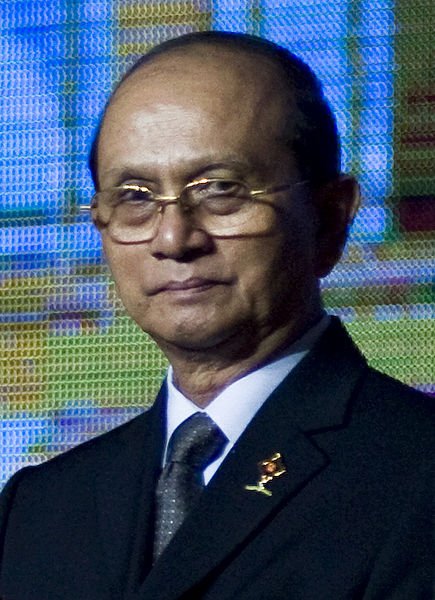
Thein Sein, Burma’s president will grant amnesty to more than 6,300 prisoners starting with tomorrow, according to the local state-controlled media.
The amnesty announcement in Burma was made on state television and did not specify how many of those freed prisoners would be political detainees.
Thein Sein’s announcement came hours after Burma’s new human rights body called for the release of “prisoners of conscience” who did not threaten state stability.
Yesterday, the United States said if Burma will show concrete progress on issues like political prisoners, it would respond.
Burma is currently under Western nations’ sanctions, and one of the key reasons is political prisoners.

The number of political detainees is thought to be more than two thousands and includes journalists, pro-democracy activists, government critics, monks involved in anti-government protests in 2007 and members of Burma’s ethnic groups fighting for greater autonomy.
It said that the total of 6,359 prisoners will be released starting with tomorrow.
The amnesty announcement did not say whether the action will include political prisoners, as Burma has in the past carried out large-scale amnesties without freeing political prisoners.
However, recently there have been reports from Burma, citing unidentified government officials, suggesting an amnesty of some political prisoners could be imminent.
Thein Sein amnesty announcement came on the same day that Burma’s new human rights commission called on the president to release “prisoners of conscience”.
The human rights commission said in an letter published in Burma’ state media that those who did not “pose a threat to the stability of state” should be freed to help with nation-building.
Burma held its first elections in two decades almost a year ago – polls which saw military rule replaced with a military-backed civilian-led government.
Starting with that moment, Burma’s government has freed pro-democracy leader Aung San Suu Kyi and held dialogue with her.
Yesterday, Kurt Campbell, a top US diplomat, said the United States had noted “dramatic developments under way” in Burma.
Kurt Campbell said also that Washington wanted to see concrete progress on issues like political prisoners – and if it did, the United States would respond.